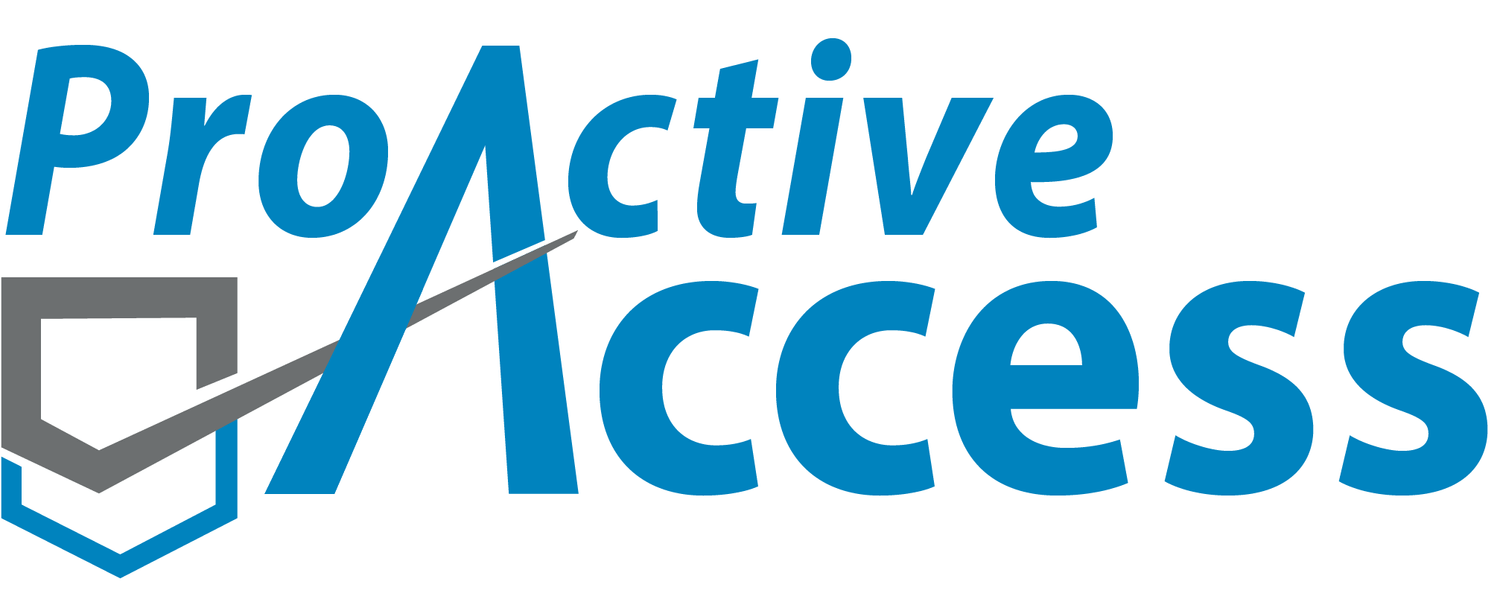Avoid receiving a pre-litigation letter for non-compliance with the ADA
In California, pre-litigation letters have become a frequent concern for businesses alleged to be non-compliant with the Americans with Disabilities Act (ADA). These letters, typically sent by attorneys or advocacy groups on behalf of disabled individuals, serve as a formal notification that the business’s premises may not meet ADA accessibility standards. While the aim of the ADA is to ensure equal access for people with disabilities, pre-litigation letters often provoke anxiety among business owners, who may face costly legal battles or settlement demands if they do not take immediate action to correct violations.
The Purpose of Pre-litigation Letters
The primary purpose of these letters is to notify businesses of potential ADA violations and give them a chance to remedy the situation before a lawsuit is filed. These letters typically outline specific areas of non-compliance, such as parking lot dimensions, bathroom accessibility, or the absence of ramps. By sending this communication before formal litigation, the complainant provides the business with a chance to avoid a lawsuit through voluntary remediation, financial compensation, or settlement. While it some plaintiffs choose to send pre-litigation demand letters, they are not required to do so. A construction related accessibility lawsuit may be filed without a written warning or notice.
Common Issues Leading to ADA Non-Compliance
ADA non-compliance issues in California businesses often stem from outdated or incorrect facilities. Common issues include:
Because California law includes additional requirements within the built environment beyond the federal ADA standards, businesses must be aware of both state and federal standards. Failing to comply with these regulations can lead to significant legal consequences.
Legal Protections for Businesses: CASp Inspections
To mitigate the risks associated with ADA-related lawsuits, California established the Certified Access Specialist (CASp) program following the approval of California Senate Bill 1608 (2008). Businesses that undergo a CASp inspection and make the recommended improvements are granted certain legal protections. These include a 90-day stay of any construction-related accessibility lawsuit filed in CA courts, access to an Early Evaluation Conference (EEC) to resolve disputes before the case proceeds to trial and reduced statutory damages. These measures can help businesses avoid costly and prolonged litigation, especially when acting proactively to comply with accessibility laws.
By conducting a CASp inspection and addressing accessibility issues, businesses not only make their facilities more accessible to their customers but also protect themselves from future litigation. CASp certification demonstrates that a business is making a good-faith effort to meet accessibility requirements, which can be crucial in avoiding lawsuits related to ADA non-compliance.
Financial and Reputational Consequences
Ignoring pre-litigation letters or failing to comply with ADA regulations can result in severe financial repercussions. Lawsuits for ADA violations can lead to settlements in the tens of thousands of dollars, and businesses may also be required to pay for the plaintiff's legal fees. Additionally, being publicly associated with an ADA lawsuit can harm a business's reputation, particularly in a community that values inclusivity and access for all individuals.
Business owners should recognize that ADA lawsuits are not solely motivated by bad actors or "drive-by lawsuits," where individuals seek to profit from technical violations. Many complaints stem from genuine grievances that affect people’s ability to access services or facilities. Taking these claims seriously and acting promptly can reduce the likelihood of future legal challenges.
Proactive Steps for Businesses
California businesses should take pre-litigation letters seriously. If you have already received a pre-litigation letter, then the first step is seek the advice of legal counsel. Proactive Access LLC often works with defense attorneys to evaluate the allegations made to determine if they are valid and if improvements are required.
If your property or business has not received a pre-litigation letter or been served with a lawsuit, then now is the best time to act. Proactively addressing accessibility issues before a complaint arises is the best way to avoid costly legal action. This may include consulting with a Certified Access Specialist (CASp), making necessary physical changes to the premises, and staying informed about evolving accessibility regulations.
Ultimately, ADA compliance not only helps businesses avoid legal problems but also fosters a more inclusive environment for people with disabilities, which can lead to increased customer loyalty and community goodwill.


